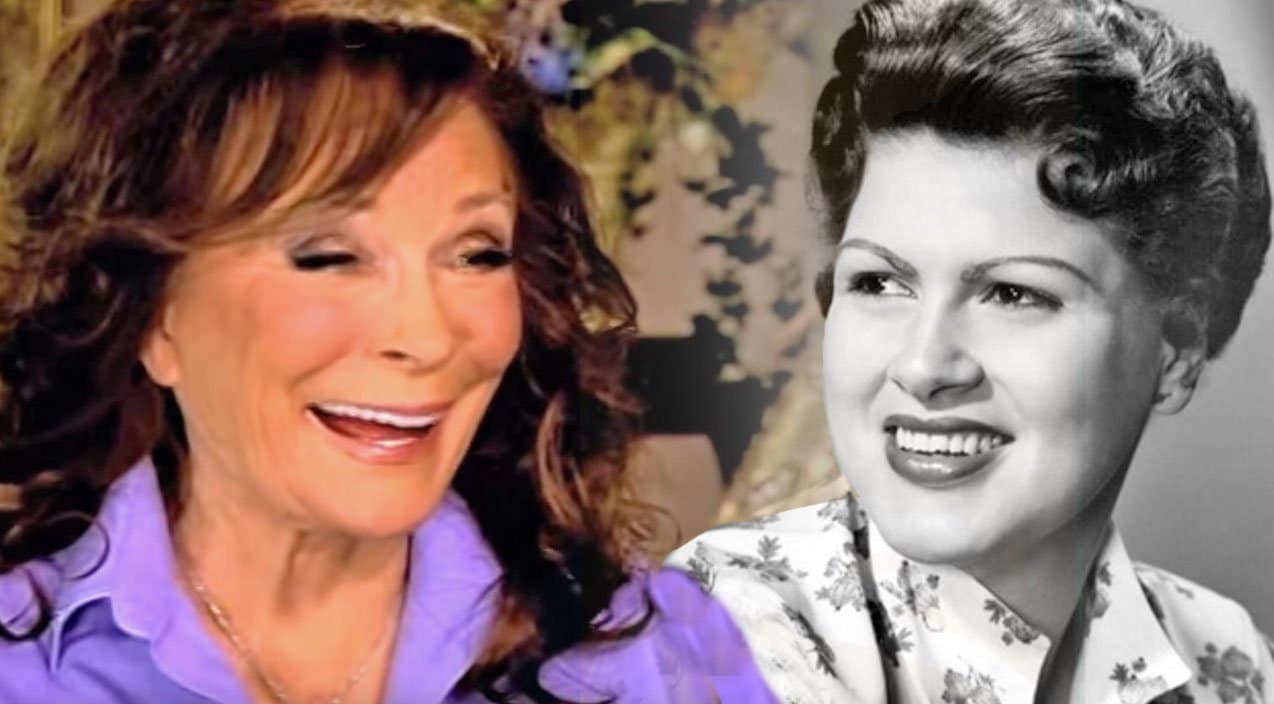


Cline, as well, was married with children, and she shared with Lynn a measure of pain and frustration brought on by male entitlement, alcoholism and infidelity. Lynn had given birth to four children by the time she was 23, and her young marriage was built on a tradition of housewifery that was destined to conflict with the independence she fought for and found in her career. The real heart of Lynn’s new memoir lies in its feminist undercurrent of solidarity. As Cline passed into pop legend, Lynn carried on her friend’s self-styled spirit, charting smashes from “You Ain’t Woman Enough (To Take My Man)” to the career-capping “Coal Miner’s Daughter” that brought her enduring admiration as an anthem, book and film. In Lynn's slim book (written with her daughter Patsy Russell, named for Cline), she credits Cline’s tough and tender advice, warm friendship and good humor with keeping her on track. In her brief time as Cline’s protégé, Lynn made the transition from Nashville neophyte to an upcoming star of the Grand Ole Opry. “She coulda sung whatever she wanted to.” Cline's rise to superstardom was cut short in 1963 when she died in a private plane crash, along with Hawkshaw Hawkins, Cowboy Copas and Cline’s manager, Randy Hughes.

“She was from the South, but didn’t talk like it,” Lynn writes. Coronavirus reading: 10 inspirational books that offer advice on how to live in tough times


 0 kommentar(er)
0 kommentar(er)
